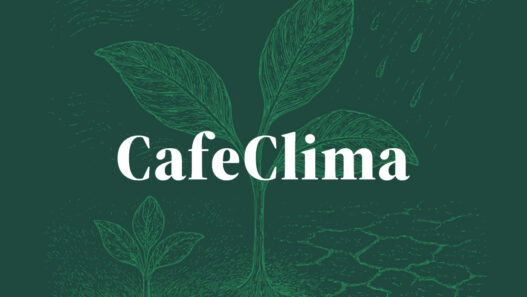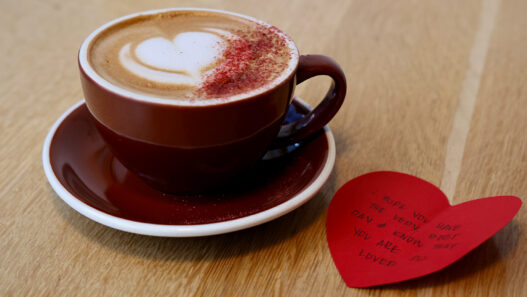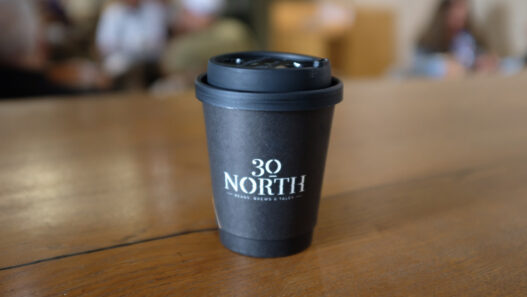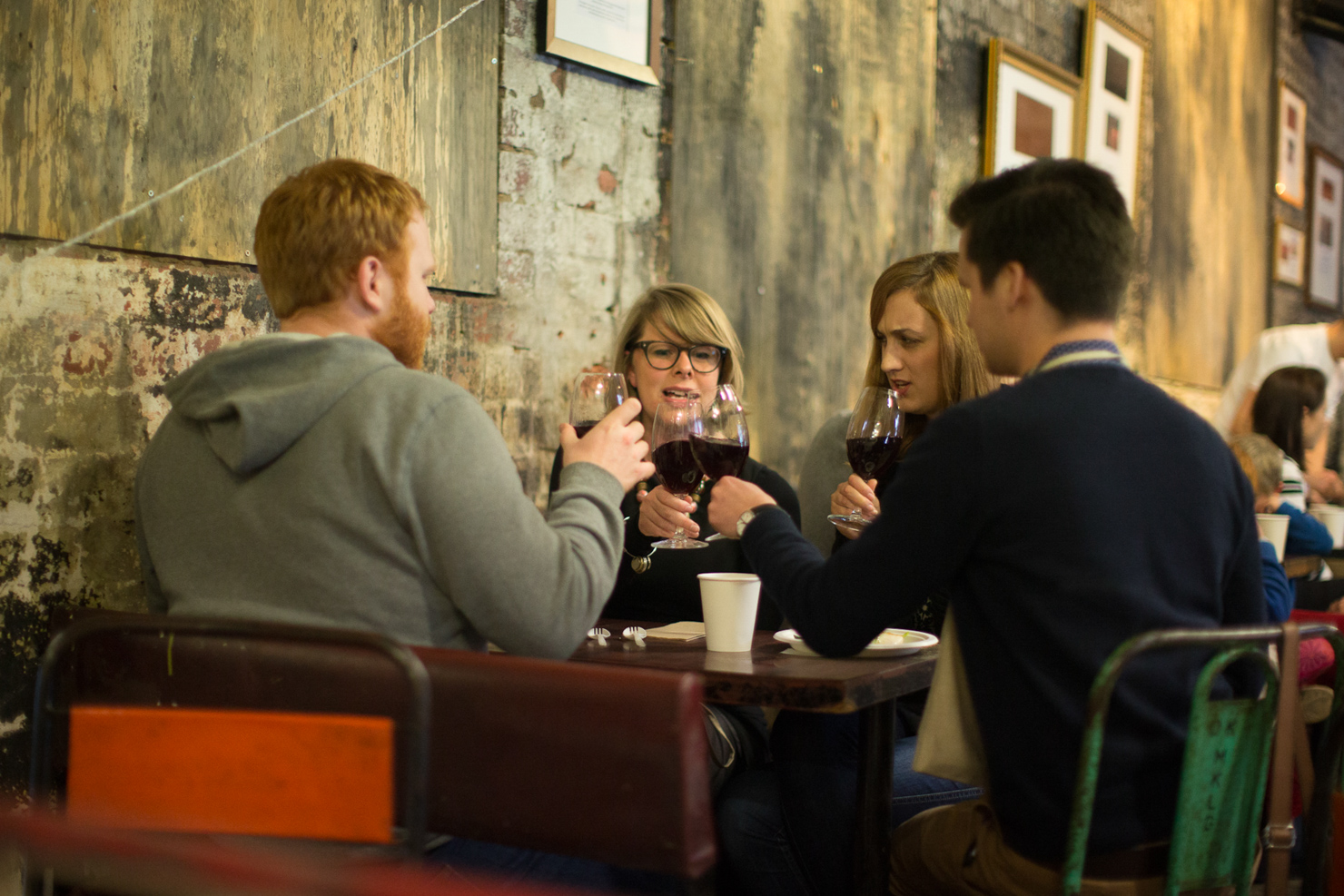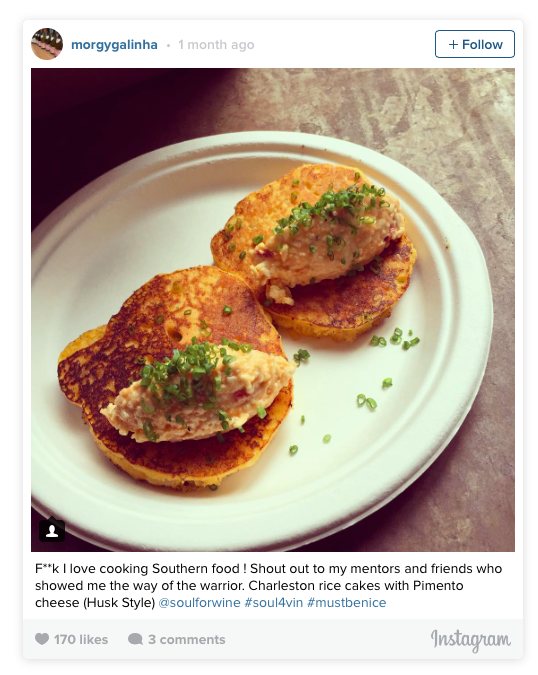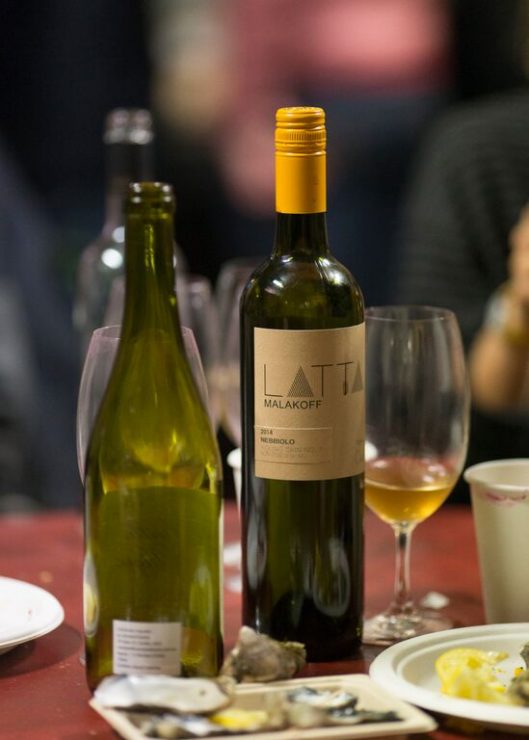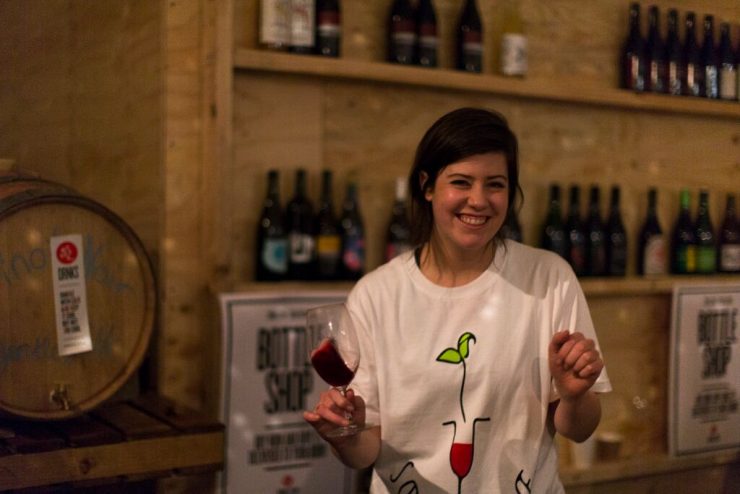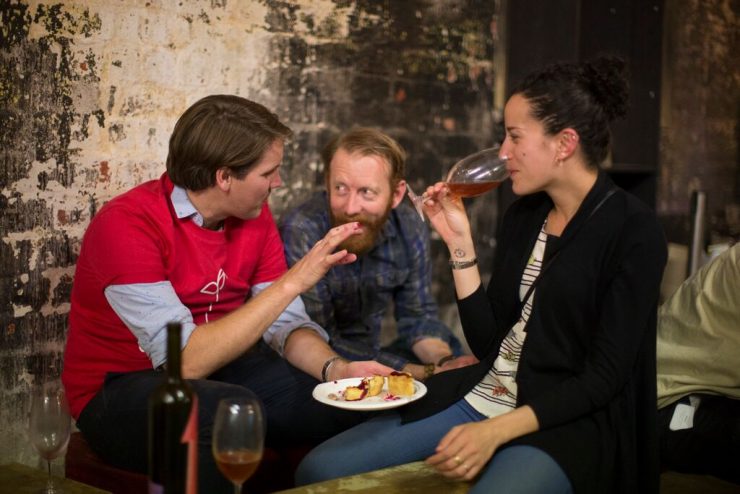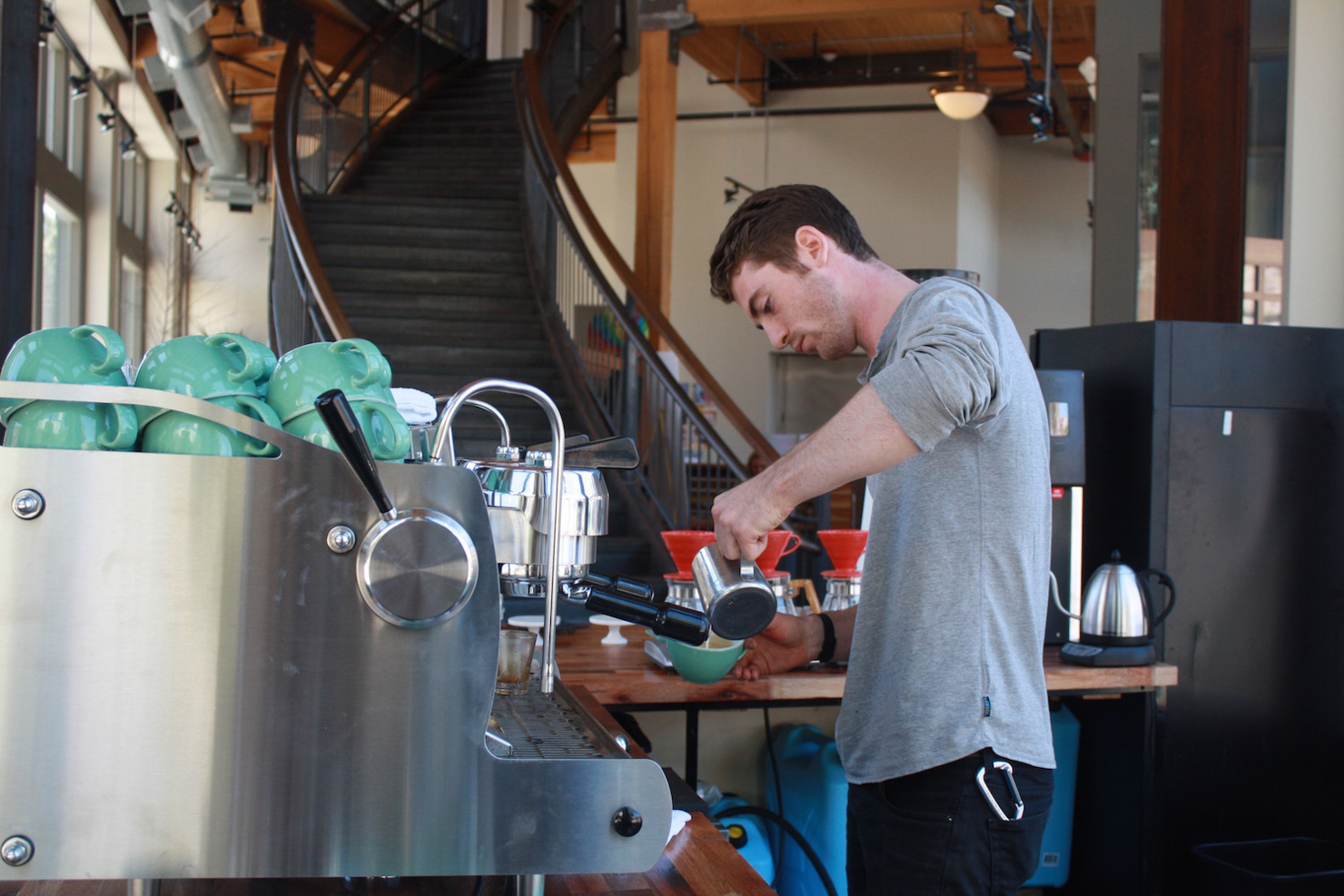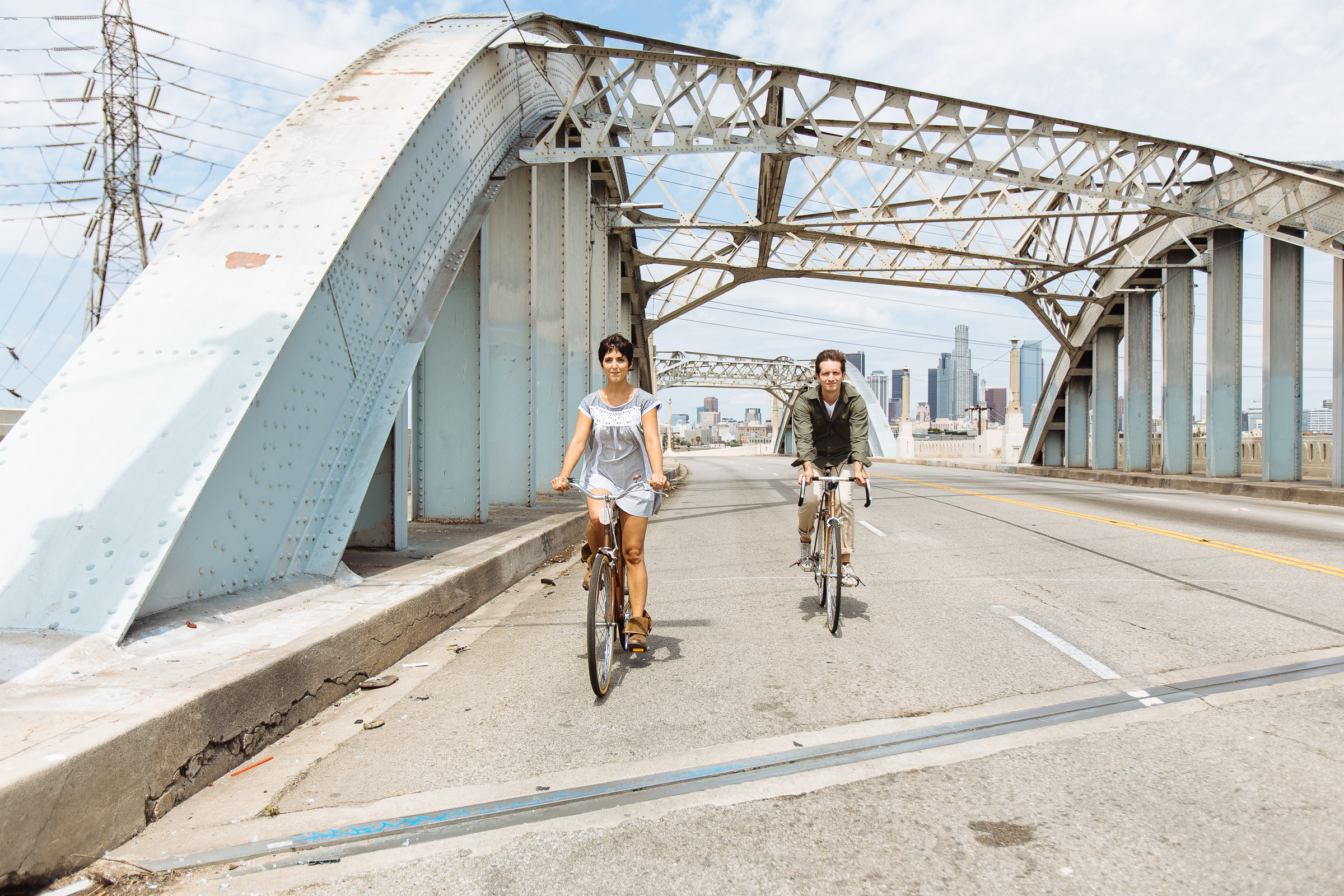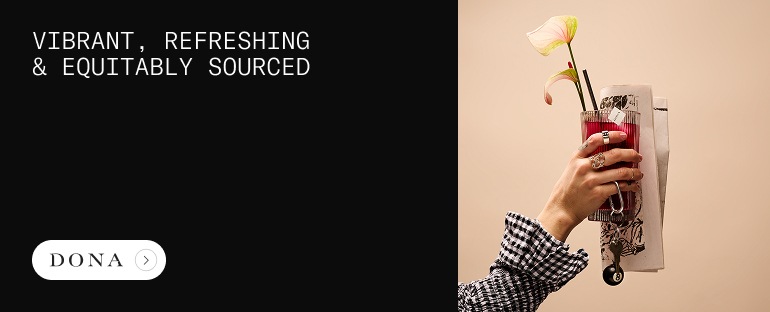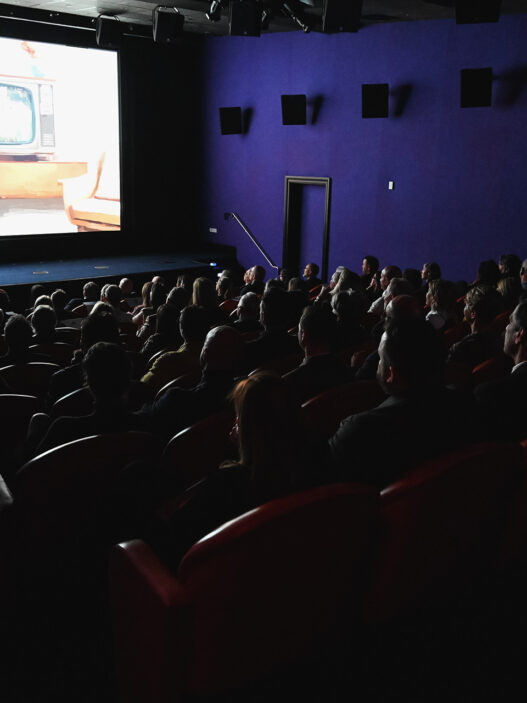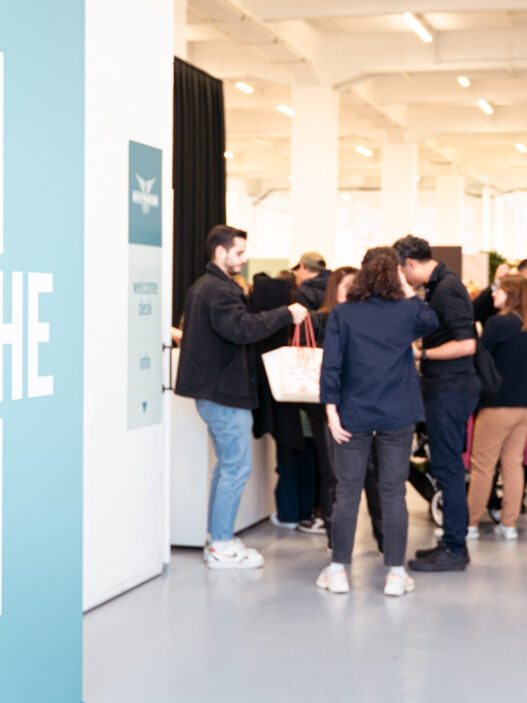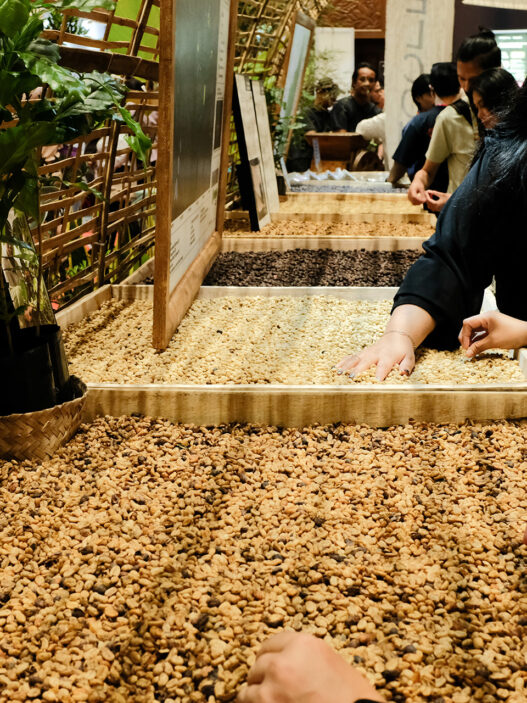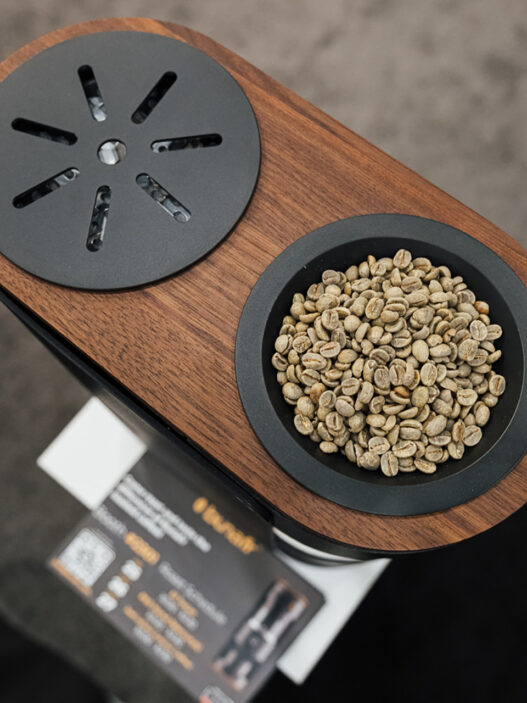As we’ve discussed on this site—and as events and projects all over the world have illustrated—the gap between coffee and wine cultures is narrowing. Here in Melbourne and elsewhere, like in Paris, wine and coffee professionals rub shoulders at celebrations and events all the time, and often collaborate.
The first annual Soulfor Wine event was a celebration of sulphur-free wines from Australia and abroad. Sulphur is one of the most common and controversial wine additives. Conventional winemakers—and sometimes more progressive winemakers in smaller doses—use it to prevent oxidation and kill unwanted bacteria and yeast. The power team behind Soulfor Wine is Giorgio De Maria (Rootstock Sydney, 121BC) and Campbell Burton (The Builders Arms, Gourmet Traveller Sommelier of the Year 2014). The pair endeavored to include relevant leaders in Australia’s food and coffee scenes to showcase their fabulous preservative-free products made with the same ethos, but also to encourage the collegial relationship between hospitality worlds. Since many of the attendees have overlapping interests in food and beverage, the food and coffee were unanimously welcomed additions.
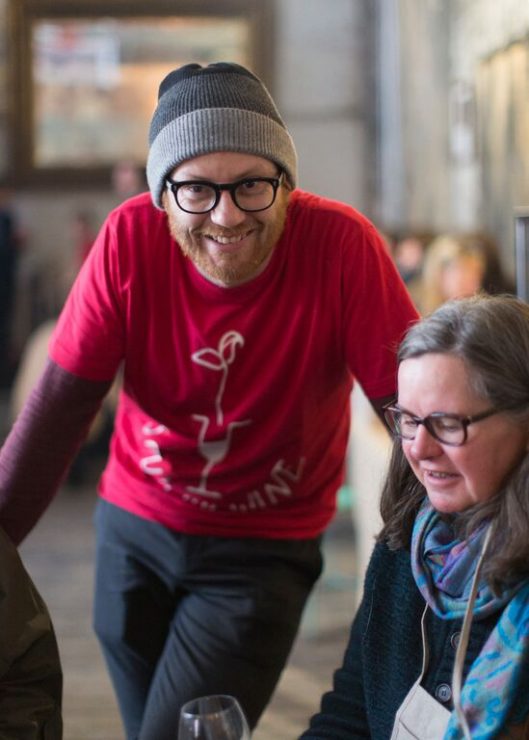
I asked De Maria about the benefits of preservative-free wine. He said, “We firmly believe that for something to be truly delicious, nourishing, and digestible it must contain active bacteria.” De Maria went on: “When you look at some of the most nourishing and delicious foods on Earth like yoghurt, kimchi, dry-aged meat, lambic beer (there’s plenty more), they’re all alive. None of them would exist if it wasn’t for active bacteria.”
All of the wines on the carefully curated and exceptionally lengthy list were sulphur free. The $20 entrance fee bought natural wine lovers a glass, a Soulfor Wine branded bottle and glass carrier bag, and unlimited filter coffee by Small Batch and Market Lane. There were limited wines available by the glass, but buying by the bottle was encouraged. The back wall of the cement-floored downtown warehouse was covered in enormous sheets of butcher paper listing bottles by region. The immense list was the life of the party; with a line of buyers that never waned, it was the event’s lifeblood.
I started the event with a Small Batch filter coffee, and chatted to Small Batch’s Andrew Kelly, who told me that they served the coffee of Colombian producer Carlos Guamanga, “which is in season, and also super clean and transparent in flavor.” He continued, “Carlos is a producer we started working with in February this year. He’s a former Cup of Excellence winner, and just reported to us when we visited in June having purchased an extra hectare of farmland from the premium he received from us for our March purchase.” The clean, crisp coffee was very at home among the wines. For those of us who would swiftly move onto wine, the fact that it didn’t linger was either a well-planned choice or a lucky coincidence.
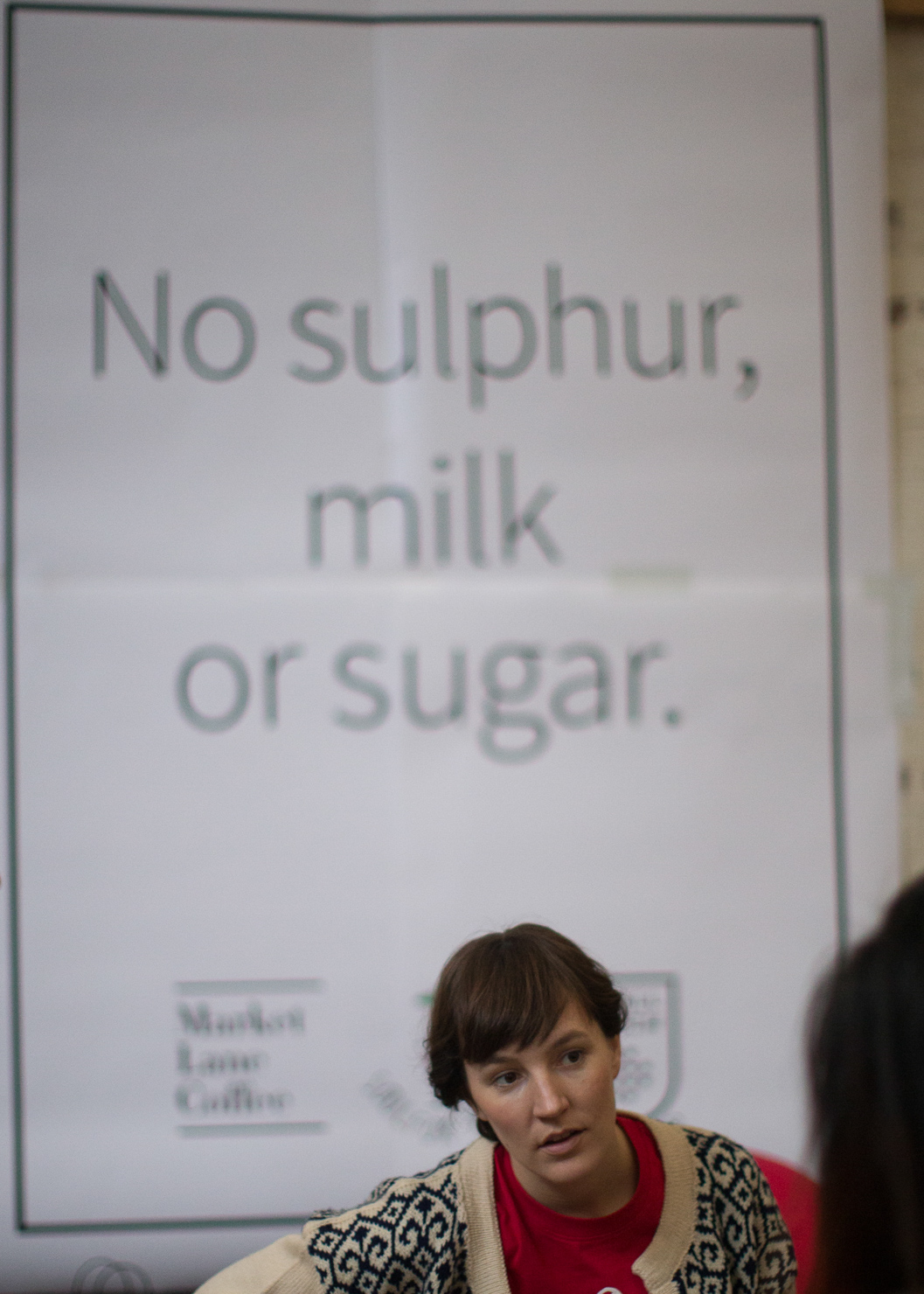
I headed to the bar to get a couple of bottles—both for instant consumption and taking home—while the going was good. As many of the wines were imported in limited numbers and/or made in small batches, there was a level of competition to get the unicorns. Our team was after a bottle of Pierre Overnoy Arbois-Pupillin Blanc from the Jura, but that was long gone by the time we got to the front of the queue. We started with a bottle of Frank Cornelissen’s 2014 Contadino, which is a delicious blend of many Italian red varietals, including 85% Nerello Mascalese.
Chefs Luke Burgess, Josh Murphy (Builder’s Arms), Mat Lindsay (Ester), Morgan McGlone (Belle’s Hot Chicken), and David Moyle (Franklin) were scattered around the warehouse with their purpose-developed signature dishes. Attendees could purchase a food passport at the door for $45, which included one of each of the dishes on offer. Alternately, each of the chef’s dishes was worth a $10 token (sold at the door) and were available a la carte. I started the day with Morgan McGlone’s Charleston rice cakes with pimento cheese. His Nashville-inspired dishes never disappoint, but these savory, tangy cakes were off the charts good.
David Moyle’s calamari and bread stew was the perfect comfort food to consume halfway through the event; it was warm and served with a spoon (the most warming of the utensils, I’ve found), which any event in a warehouse in Melbourne’s winter could benefit from. There was just enough bread swimming around to soak up some of the wine in our bellies without over-filling. “Bread does an incredible job of absorption,” Moyle said. The team at Franklin, like the other restaurants represented, works closely with natural wine makers and importers—like the indomitable Roger McShane and Sue Dyson from Living Wines—to ensure that ethos of the wine and food match. We talked about how specialty coffee, food, and wine overlap in a desire to showcase ingredients, and how that produces a better product. He said:
“I think it’s important to experience all foods including beverage in their most raw state, as in the right hands they can be so much more expressive. I spent the next day tasting coffee—including naturals—with Nolan [Hirte] at Aunty Peg’s. Naturals have a capacity to show a breadth of different flavors. But it seems in coffee, the process is perhaps more critical.”
Over a bottle of Podere Pradarolo Vej, I chatted with Andrew Kelly of Small Batch about natural coffee versus natural wine. He argues that in coffee, washing, not natural, is the process most akin to natural winemaking because it is the “truest reflection of origin characteristics.” He explained:
“While suppressing or delaying the addition of sulphur in wine production allows for more natural, spontaneous, and wilder fermentation reactions, with coffee, if fermentation reactions are allowed to happen within the cherry—rather than highlight the intrinsic characteristics of the coffee—what results is more of a mono-fermentation, and a generic boozy fruited-ness.”
These conversations are the reason it is imperative to integrate the specialty coffee, wine, and food scenes. The people having them have a shared goal and passion for production and exaltation of processes that bring the best out of what we consume. At an event like Soulfor Wine, thinking critically about process, ingredients, and origin are encouraged. Event attendees ranged from the apathetic enjoyer to the proselytizing natural wine zealot, but celebration of these products and makers was a priority for everyone. Everything served and sold at the event was carefully curated to be delicious and provide ultimate enjoyment. Luckily, Soulfor Wine 2016 looks like a definite. De Maria told me, “We’ve already begun discussing the lineup of wines and a couple of international guests for next year and…the possibility of events happening in other cities!” Watch this space, natural wine, coffee and cuisine lovers. This has the potential to be one of your new favorite annual events.
Phylisa Wisdom (@phylisajoy) is a freelance journalist based in Melbourne. Read more Phylisa Wisdom on Sprudge.
Photos by James Broadway Photography, used by permission.




